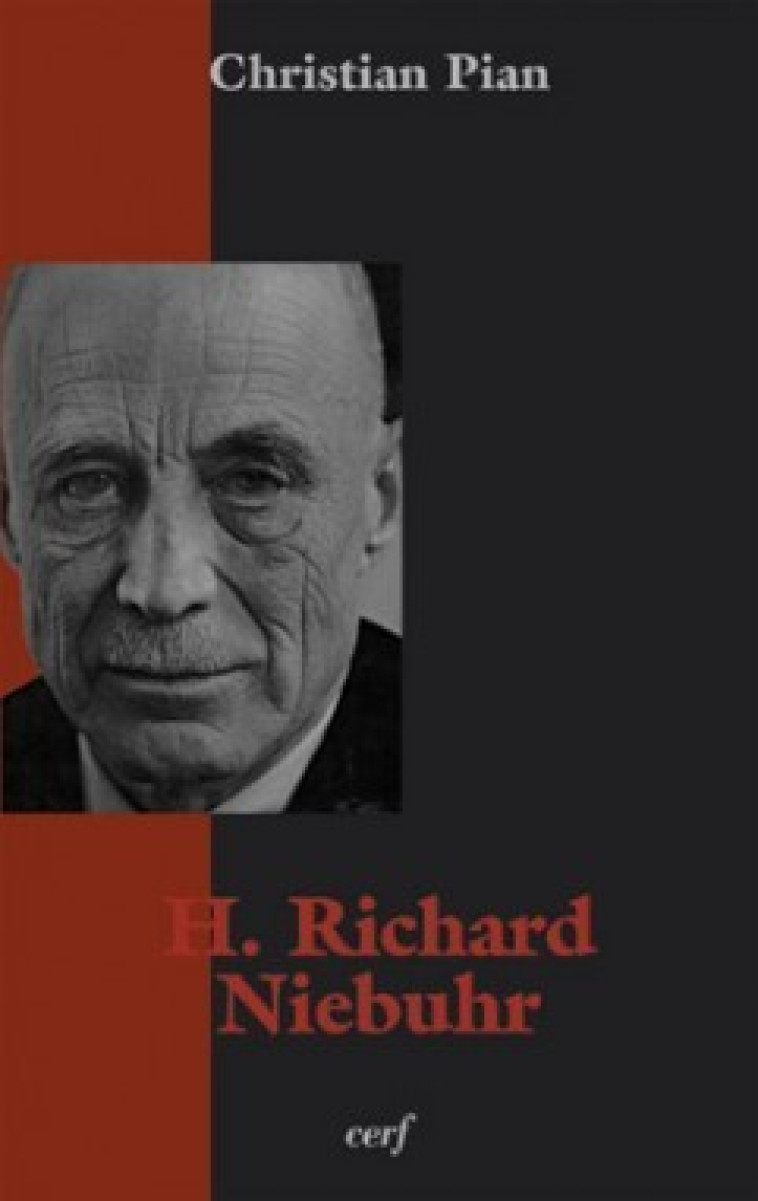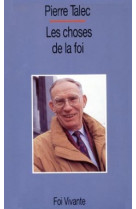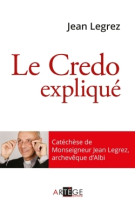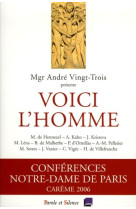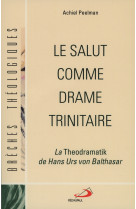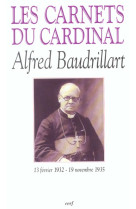H. richard niebuhr
Christian pian
Malgré sa notoriété et son influence toujours bien réelles outre-Atlantique, le théologien américain Helmut Richard Niebuhr (1894-1962) demeure trop méconnu en Europe et particulièrement en France. Avec le présent ouvrage, on dispose enfin d'une introduction à ce penseur majeur du XXe siècle. H. R. Niebuhr occupa de fait, avec son frère Reinhold Niebuhr, une place importante dans le débat public et politique aux États-Unis concernant les relations internationales - notamment lors des deux guerres mondiales -, la question de la démocratie, la justice sociale... Niebuhr est aussi connu des spécialistes comme s'étant intéressé de près à l'histoire - et à l'histoire religieuse en particulier - de son pays. Mais il a surtout été un théologien et éthicien chrétien original. Découvrir, ou chercher à mieux connaître, H. Richard Niebuhr, c'est aussi rencontrer une pensée qui se situa en tension entre la théologie libérale protestante et les tenants de ce qu'on appela la néo-orthodoxie, deux courants majeurs qui ont balisé la théologie morale au XXe siècle. H. Richard Niebuhr illustre de façon exemplaire ce que peut être une éthique théologiquement fondée, pour penser ce monde, y trouver sa place et tenter d'y agir comme chrétien et en Église dans les sociétés qui sont les nôtres.
--
In spite of his fame and his influence, which are still very real in the United States, the American theologian Helmut Richard Niebuhr (1894-1962) remains little-known in Europe and in France in particular. With this book, readers at last have an introduction to one of the 20th century's major thinkers. H. R. Niebuhr, and his brother Reinhold Niebuhr, played an important role in American public and political debate on international relations especially the two world wars, the question of democracy, social justice... Niebuhr is also well-known by specialists as a man who closely studied the history- especially the religious history - of his country. But he was above all a theologian and an original Christian ethician. To discover, or to become more acquainted with H. Richard Niebuhr, is to encounter thought which forms a taut link between liberal Protestant theology and the holders of what is termed neo-orthodoxy, two major currents which mapped out moral theology in the 20th century. In exemplary fashion, H. Richard Niebuhr illustrates what could be termed theologically based ethics to think our world, find one's place in it and attempt to act as a Christian and as a Church in today's society.

